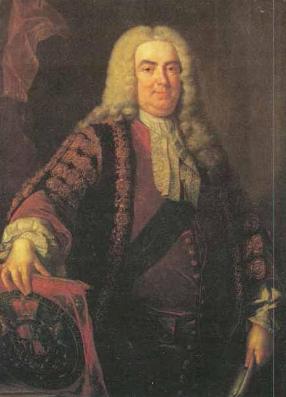题目链接:http://poj.org/problem?id=3126
Description
 The ministers of the cabinet were quite upset by the message from the Chief of Security stating that they would all have to change the four-digit room numbers on their offices.
The ministers of the cabinet were quite upset by the message from the Chief of Security stating that they would all have to change the four-digit room numbers on their offices.
— It is a matter of security to change such things every now and then, to keep the enemy in the dark.
— But look, I have chosen my number 1033 for good reasons. I am the Prime minister, you know!
— I know, so therefore your new number 8179 is also a prime. You will just have to paste four new digits over the four old ones on your office door.
— No, it’s not that simple. Suppose that I change the first digit to an 8, then the number will read 8033 which is not a prime!
— I see, being the prime minister you cannot stand having a non-prime number on your door even for a few seconds.
— Correct! So I must invent a scheme for going from 1033 to 8179 by a path of prime numbers where only one digit is changed from one prime to the next prime.
Now, the minister of finance, who had been eavesdropping, intervened.
— No unnecessary expenditure, please! I happen to know that the price of a digit is one pound.
— Hmm, in that case I need a computer program to minimize the cost. You don't know some very cheap software gurus, do you?
— In fact, I do. You see, there is this programming contest going on... Help the prime minister to find the cheapest prime path between any two given four-digit primes! The first digit must be nonzero, of course. Here is a solution in the case above.
1033The cost of this solution is 6 pounds. Note that the digit 1 which got pasted over in step 2 can not be reused in the last step – a new 1 must be purchased.
1733
3733
3739
3779
8779
8179
Input
One line with a positive number: the number of test cases (at most 100). Then for each test case, one line with two numbers separated by a blank. Both numbers are four-digit primes (without leading zeros).
Output
One line for each case, either with a number stating the minimal cost or containing the word Impossible.
Sample Input
3 1033 8179 1373 8017 1033 1033
Sample Output
6 7 0
题意:
给出两个四位数的素数a,b,求从a变到b最少要花几步?每一步只能将a中的一位改变,且改变后的数也要是素数。
扫描二维码关注公众号,回复:
2206140 查看本文章


思路:
枚举搜索,我不知道怎么得到的,但我可以一直搜~。千位,百位,十位,个位的数依次替换,依次深入搜索。
注意:
以前总喜欢把标记路径的Vir放在出队时,其实应该放在入队的时候,这样就不会有一样的数据入队,节省了不少时间和空间。
AC代码:
| Time | 63ms |
|---|---|
| Memory | 608kB |
| Length | 1363 |
#include <cstdio>
#include <cmath>
#include <queue>
#include <cstring>
using namespace std;
struct Q
{
int x[4];
int s;
}no,de;
queue<Q> iq;
int n,a,b,ans,t[4];
int vir[10008];
bool isPrime( int x )
{
for( int i=2; i<=sqrt(x); i++ )
if( x%i == 0 )
return false;
return true;
}
int wirte( int* a)
{
return a[0]*1000+a[1]*100+a[2]*10+a[3];
}
void bfs( )
{
while( !iq.empty() )
iq.pop();
ans=0;
memset(vir,0,sizeof(vir));
no.s=0;
for( int i=0; i<4; i++ )
{
no.x[3-i]=a%10;
a/=10;
}
iq.push(no);
vir[wirte(no.x)] = 1 ;
while( !iq.empty() )
{
no = iq.front();
iq.pop();
if( wirte(no.x)==b )
{
printf("%d\n",no.s);
return ;
}
for( int i=0; i<4; i++ )
{
de=no;
for( int j=0; j<=9; j++ )
{
if( i==0 && j==0 ) continue;
de.x[i] = j ;
if( !vir[wirte(de.x)] && isPrime(wirte(de.x)))
{
vir[wirte(de.x)] = 1 ;
de.s=no.s+1;
iq.push(de);
}
}
}
}
printf("Impossible\n");
}
int main()
{
scanf("%d",&n);
while( n-- )
{
scanf("%d%d",&a,&b);
bfs();
}
return 0;
}